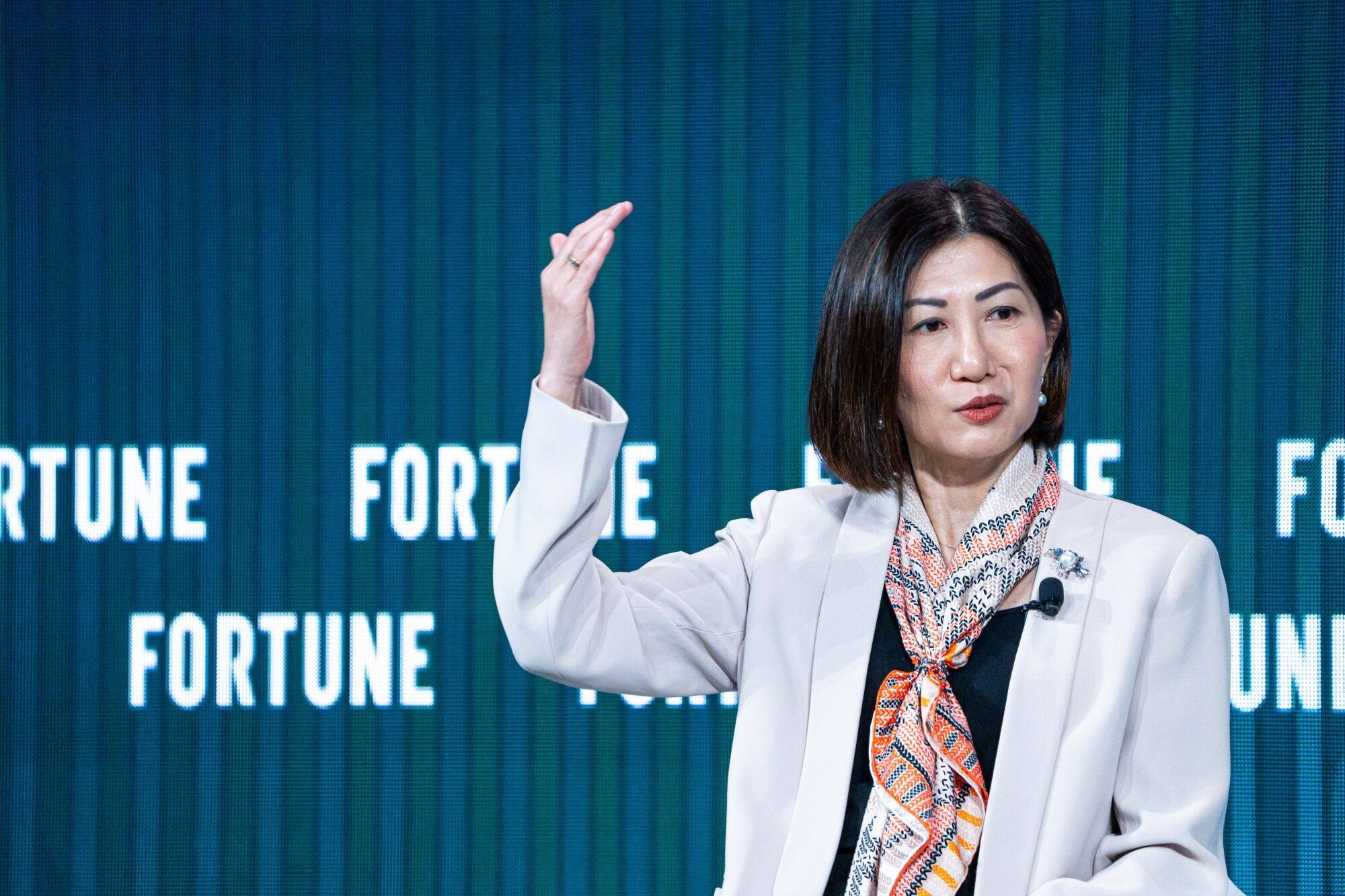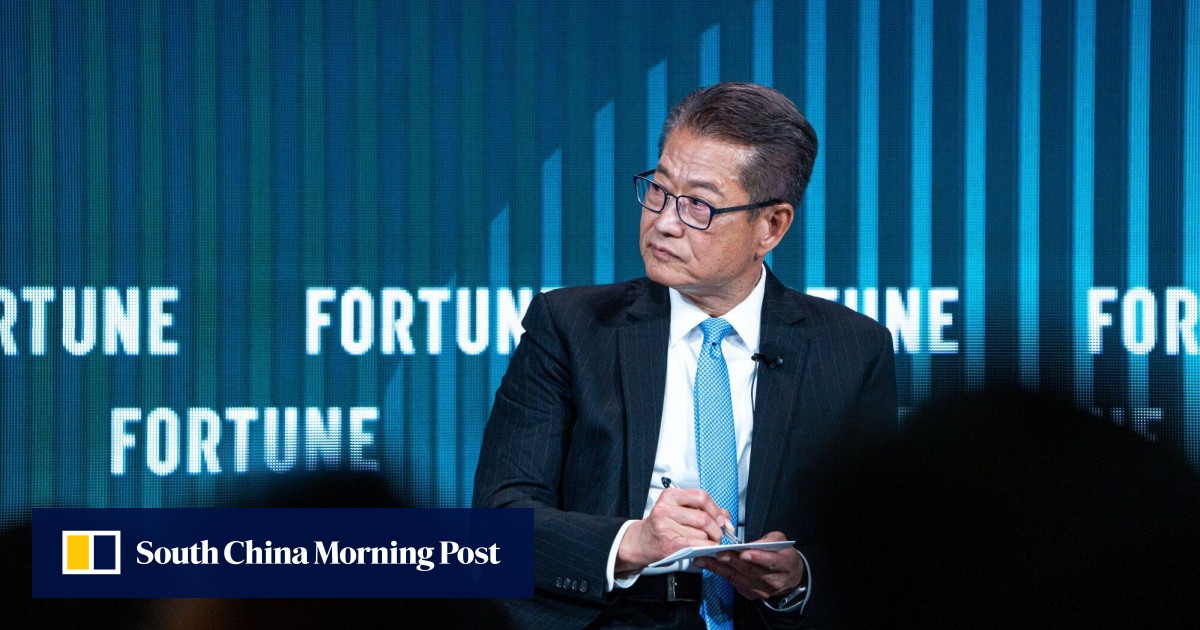The government and HKEX have been promoting the unique features of the city’s capital market to Middle Eastern and Asean countries since last year, and such efforts will continue, he added.
“We are diversifying our sources for new listed companies, as well as the sources for our capital and investors coming to use our platforms,” Chan said.

Hong Kong, however, continues to be attractive, as it is an international financial centre with a free flow of capital and is a gateway to mainland China, Chan said.
International investors have been able to trade mainland stocks, bonds, wealth management products and interest rate swaps through Hong Kong’s many connect schemes, while mainland investors have been able to trade stocks, bonds and wealth management products listed in Hong Kong, since 2014.
Hong Kong’s Paul Chan, California official call for more climate change tie-ups
Hong Kong’s Paul Chan, California official call for more climate change tie-ups
Tourists are coming back to Hong Kong, Chan said, with about 34 million tourists coming last year. This number will go up to 46 million this year, he added.
“The capital-adequacy ratio of the Hong Kong banking sector is 20 per cent, well above the international standard of 8 per cent,” Chan said. “The liquidity ratio is at 175 per cent, much higher than the 100 per cent international benchmark.
“When you look at these figures, you will notice, our financial market is still very strong.”
Hong Kong sees 30% more IPO applicants, HKEX CEO Bonnie Chan says
Hong Kong sees 30% more IPO applicants, HKEX CEO Bonnie Chan says
Bonnie Chan told the forum that Hong Kong’s IPO market remains attractive, with companies delaying listings only because of poor market sentiment.
“When you talk to entrepreneurs, a lot of them are still very keen to do that IPO in Hong Kong, but they just do not want to sell their stocks cheaply,” she said.
“They are just waiting for the right conditions to arrive.”
Chanel, Chopard and Zegna to join Xpeng’s Brian Gu for Wealth for Good meet
Chanel, Chopard and Zegna to join Xpeng’s Brian Gu for Wealth for Good meet
Hong Kong, which has been the world’s largest IPO market seven times since 2009, dropped to eighth position last year.
The city’s strict Covid-19 containment measures were partly to blame for this, as they shut out international travel for three years, forcing some Asian and Middle Eastern firms to list at home, Chan said.
“However, as these companies continue to grow, they may reach a point where they do have the need to have deeper markets,” Chan said. “They may find that domestic markets may not be able to support their fundraising needs and that is the time when they will go to other global exchanges for a second listing or a dual-primary listing.”
This is why HKEX has prepared itself to capture these opportunities and has signed agreements with exchanges in the Middle East, Indonesia and other markets for cross-listings.
“We have opened offices in New York, London as well as an office in Singapore. These will help HKEX attract international companies to list here,” she said.

